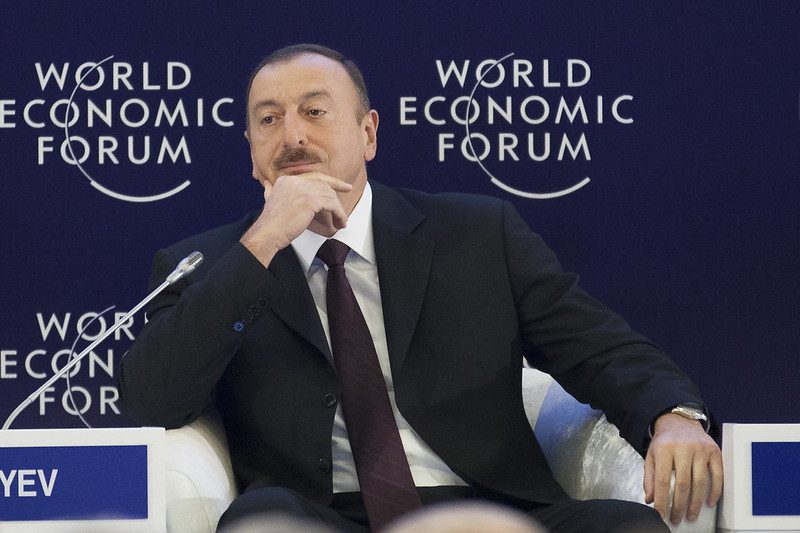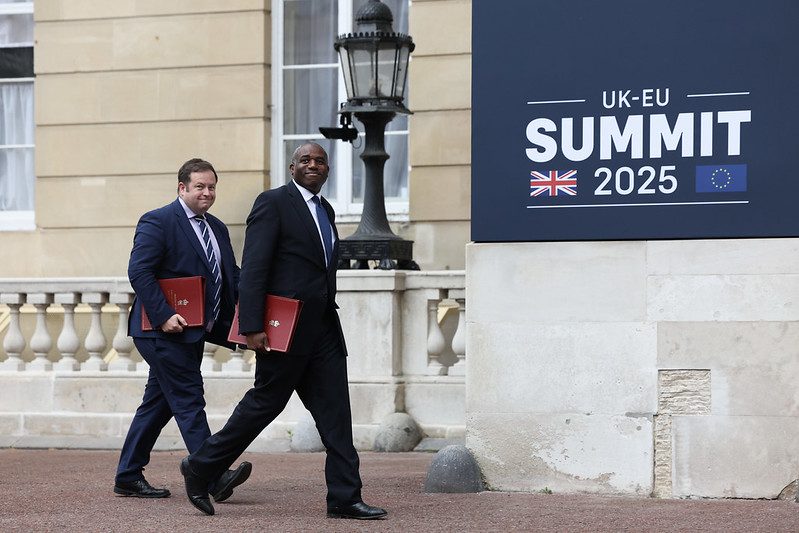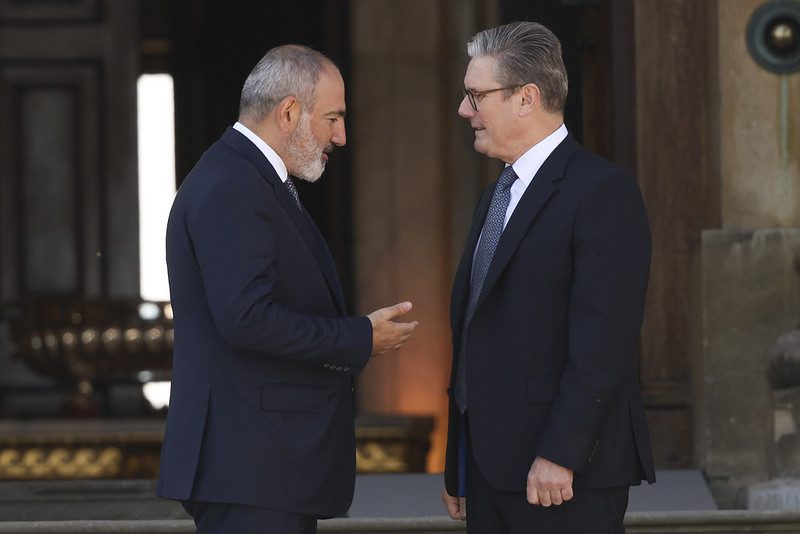The United Kingdom has lifted a three-decade-old arms embargo on Armenia and Azerbaijan. This marks a major policy shift following advances in peace talks between Yerevan and Baku. The decision comes after a landmark summit in Washington, hosted by US President Donald Trump, where leaders initialled a peace agreement. UK officials say they hope to deepen security ties with both countries, and help de-escalate a volatile region.
First imposed in 1992 by the Organisation for Security and Co-operation in Europe (OSCE), the embargo was intended to promote peace and stability. It was designed to prevent weapons from fuelling the Nagorno-Karabakh regional dispute, which has seen two wars and decades of tensions. With recent progress, the British government argues the original reason for the ban no longer applies.
“Given the significant progress made in advancing peace, and the historic outcomes of the recent summit in Washington hosted by President Trump, the UK considers that the rationale underpinning the OSCE’s 1992 recommended arms embargo… has fallen away,” says Stephen Doughty, the Minister of State for Europe, North America & Overseas Territories, when he outlined his rationale.
Doughty also added that the UK will “fully lift its arms embargo on Armenia and Azerbaijan,” enabling security partnerships to “evolve in a rapidly changing context” and support both countries against “conventional and hybrid threats from other states and non-state actors.”
The announcement also upgrades UK relations with both nations, to include strategic partnerships and annual ministerial meetings, to bolster talks on trade, security, and defence. During Doughty’s August 2025 visit to Yerevan and Baku, discussions with Armenian Prime Minister Nikol Pashinyan and his counterpart, Azerbaijani President Ilham Aliyev, focused on steps to de-escalate conflict and lasting peace.

Image: President of Azerbaijan Republic Ilham Aliyev – World Economic Forum / Elmar Mustafayev
Armenia has welcomed the enhanced ties, with officials agreeing to the strategic partnership during those talks. Azerbaijan has similarly hailed the decision as a sign of recognition for the peace process. In a report on the development, Azerbaijani media described it as “a significant diplomatic shift, reflecting London’s recognition of the progress made in the Armenia-Azerbaijan peace process.”
The government in Baku has been investing heavily in military modernisation, and the lift is seen as an opportunity to diversify its defence partnerships beyond traditional suppliers like Russia and Turkey.
However, the move has drawn mixed reactions, with some praising it as a step towards stability and others warning it could upset the delicate balance in the region. Supporters argue it rewards diplomatic efforts and allows the UK to play a constructive role. As Doughty noted, the UK “warmly welcomes the progress made by Armenia and Azerbaijan towards peace,” calling it “a pivotal moment in efforts to secure lasting peace and stability in the region.”

Image: David Lammy, Deputy Prime Minister and Stephen Doughty, Minister of State for Europe, North America and Overseas Territories – No 10 Downing Street / Simon Dawson
Critics, however, fear the decision favours Azerbaijan, which holds a military advantage after regaining control of Nagorno-Karabakh in 2020, leading to the exodus of over 100,000 ethnic Armenians. Russian political scientist and military expert Pyotr Kolchin said the lift “will undoubtedly benefit Baku,” pointing out that “Azerbaijan is increasing its military budget and investing heavily in army modernisation,” while Armenia under Pashinyan is cutting defence spending. He described it as “a move by Britain in favour of Azerbaijan.
Human rights groups have voiced stronger concerns. Action on Armed Violence (AOAV), a UK-based NGO monitoring the impact of weapons, called the policy “Britain’s gamble in the Caucasus.” In their analysis, they warned that “a resumption of arms exports, particularly if tilted toward Baku, risks entrenching that imbalance” and could make the UK “complicit in arming a country accused of using starvation and displacement as tools of war.” They urged a phased approach tied to accountability for past abuses, arguing that “peace built on procurement is a peace easily broken.”
Featured Image via Lauren Hurely / Number 10 Downing Street




